You’re eager to embark on your first tuna fishing adventure in the magnificent waters off Flamingo, Guanacaste, Costa Rica, and you’ll want to ensure your fishing endeavor is as fruitful and triumphant as possible. Embrace the thrill and challenge that comes with angling for tuna, whether you’re chartering from Flamingo Marina or casting line from your own boat. With a wealth of tips tailored specifically for beginners, this article covers everything from tackle to timing, offering you all the key essentials when it comes to catching the impressive tunas that prowl the Costa Rican waters.
Understanding Tuna Fishing Basics
Before getting started on your journey to become a tuna fishing enthusiast in the breathtaking waters of Costa Rica, it’s essential for you to acquaint yourself with the basics of the game. Let’s start by diving deep into understanding different types of tuna you’ll encounter in your expeditions in Costa Rican waters.
Learning About Different Types of Tuna Prevalent in Costa Rican Waters
The types of tuna prevalent in Costa Rican waters can make your fishing trip a thrilling adventure. The most common varieties are Yellowfin and Bigeye tuna. Yellowfin are named due to their distinct long and bright yellow dorsal fin and they are perfect for anglers looking to have a fight with a fast and powerful fish. On the other hand, Bigeye tuna can grow quite massive which makes catching one a rewarding challenge.
Brief Overview on the Life Cycle and Habits of Tuna
Understanding the life cycle and habits of tuna can certainly enhance your chances of catching these majestic fish. Tuna primarily spawn in warm, tropical waters and their preferred water temperature is about 24.5-30 degrees Celsius. They can travel great distances during their lifetime which generally spans around 15 years. They are primarily carnivores, feeding on other fish and invertebrates and often travel in schools.
Heart of the Season: Ideal Time to Fish for Tuna in Costa Rica
So when is the ideal time to hunt for these elusive creatures in the Costa Rican waters? Fortunately, Tuna fishing is possible all year round in Costa Rica, but the absolute best time lies between April to September. The sea conditions are more favorable, and all types of tuna are more abundant during these months.
Choosing the Right Charter Fishing Services
Next up, choosing your charter service. You see, the key to an exciting and successful fishing trip lies in finding the right charter service that aligns with your needs and aspirations.
Qualities to Look for When Choosing a Charter Service
Quality charter services are those that prioritize safety, have experienced crew members, use high-end equipment, and are flexible with schedules. Additionally, look for a service that focuses on customer satisfaction and has a wealth of local knowledge.
Popular and Reliable Charter Services around Flamingo Marina
Flamingo Marina is buzzing with reliable charter services. However, Scorpion Sportfishing and Mahi Mahi Fishing Tours are among the favorites. They are recognized for their experienced crews, quality equipment, and impressive customer reviews, enhancing your overall fishing experience.
Tips to Determine if a Charter Service Suits Your Needs
To ascertain if a charter service suits your needs, consider the type of fishing they specialize in, read customer reviews, understand their pricing structure, and assess the quality of their equipment. Don’t hesitate to ask about life jacket availability, signal flares, first aid kits, and other safety implements.
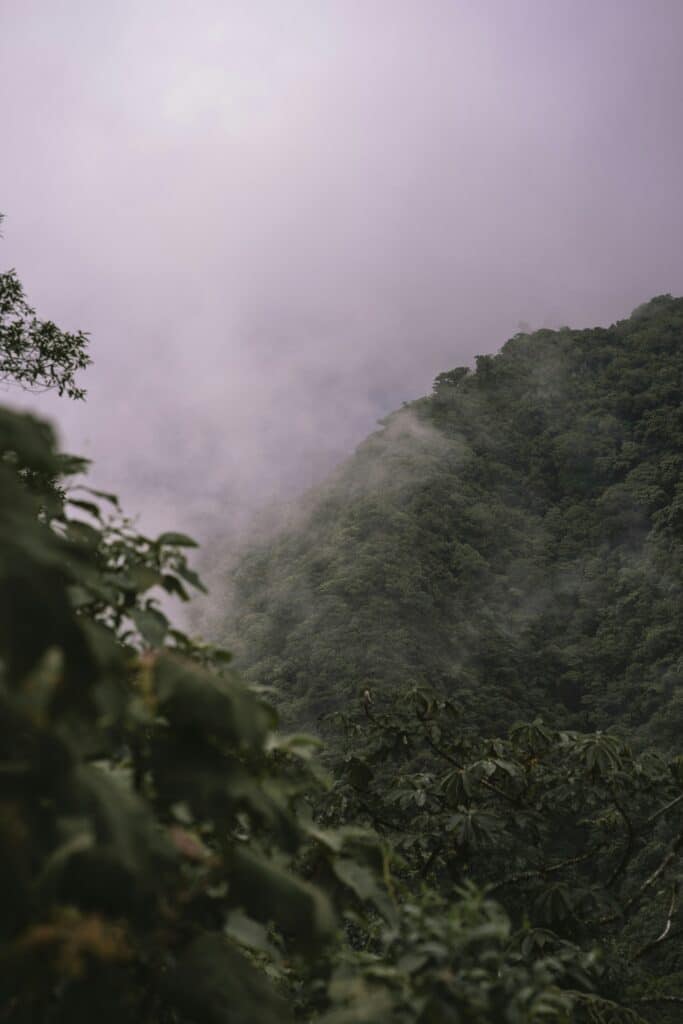
Essential Gear for Tuna Fishing
Having the right gear is king in the world of fishing. It can make your fishing trip a delightful triumph or a disappointing challenge.
Finding Appropriate and High-Quality Fishing Rods and Reels
High-quality fishing rods and reels are fundamental for tuna fishing. A heavy-duty spinning rod paired with a sturdy reel capable of holding at least 300 yards of 20-pound test could be a potential combination. Remember, your rod and reel should be strong enough to handle the size and strength of the tuna.
Selection of Proper Terminal Tackle
In addition to the rods and reels, the terminal tackle plays a significant role. You’ll need items like heavy-duty fishing line, strong hooks, swivels, sinkers, and leaders. Having a range of different sized products can help you adapt to what the fish are biting on any given day.
Importance of a Well-Maintained Fishing Gear
It’s crucial to keep your fishing gear in tip-top shape for the best performance. Regular cleaning, proper storage, and constant checks for damage are integral to maintaining the longevity and effectiveness of your gear.
Effective Bait and Lures for Tuna
Selection of the right bait and lures can make a massive difference when it comes to tuna fishing.
Advantages and Disadvantages of Live Baits
Using live bait has its merits and demerits. While live baits like squids and mackerels offer a higher chance of attracting tuna due to their scent and movement in the water, they also require special care to keep alive and there’s a chance that other unwanted species might be attracted too.
Types of Lures Prime for Tuna Fishing
Among lures, cedar plugs, and feathered skirt lures are quite effective when targeting tuna. They replicate the action of a fleeing fish when trolled, inciting the predatory instinct of tunas.
Recommended Bait and Lure Brands for Newcomers
For neophytes in tuna fishing, using tried and tested bait and lure brands like Ballyhood, Squidnation, and Yo-Zuri can remove some guesswork from the equation and increase your chances of success.

Techniques for Hooking and Landing Tuna
When it comes to chasing the big game, incorporating the right techniques can boost your chances of hooking and landing tuna.
Application of Offshore Trolling Techniques
Offshore trolling is a proven method for catching tuna. Trolling involves moving your boat slowly through the water with your bait lines trailing behind. It covers a lot of water and attracts tuna by simulating moving prey.
Understand and Utilize Fly Casting Approaches
Fly casting, though a little tricky, can lead to rewarding results when targeting tuna. It involves casting a fly to present the bait naturally to tunas lurking on the water surface.
Learning About Kite Fishing Technique for Tuna
Kite fishing adds a unique twist to the standard fishing methodology. Here a baited line is connected to a specially designed kite, allowing the bait to dangle just on the water surface, away from the boat. Offering a stealthy approach, this technique can be highly effective in luring and catching tuna.
Safety Measures for Tuna Fishing
While chasing the thrill of landing a big fish, never let safety take a backseat.
Basic Safety Requirements for a Fishing Trip
Remember to follow the basics such as always wearing a life jacket while on a boat, keeping an eye on weather forecasts, not venturing out alone, and keeping hydrated and sun-protected.
How to Handle Unexpected Weather Conditions
In the off chance of encountering unexpected weather conditions at sea, remain calm, wear a flotation device, seek shelter in the boat, follow the operating procedures provided by the crew, and always trust professional guidance.
Prevention and Treatment of Common Fishing Injuries
Prevention is better than cure. Therefore, wearing appropriate clothing, using gloves when handling equipment, and taking care to avoid hook injuries should be prioritized. In the case of being injured nevertheless, make sure you have a basic first aid kit onboard and learn how to administer treatment.
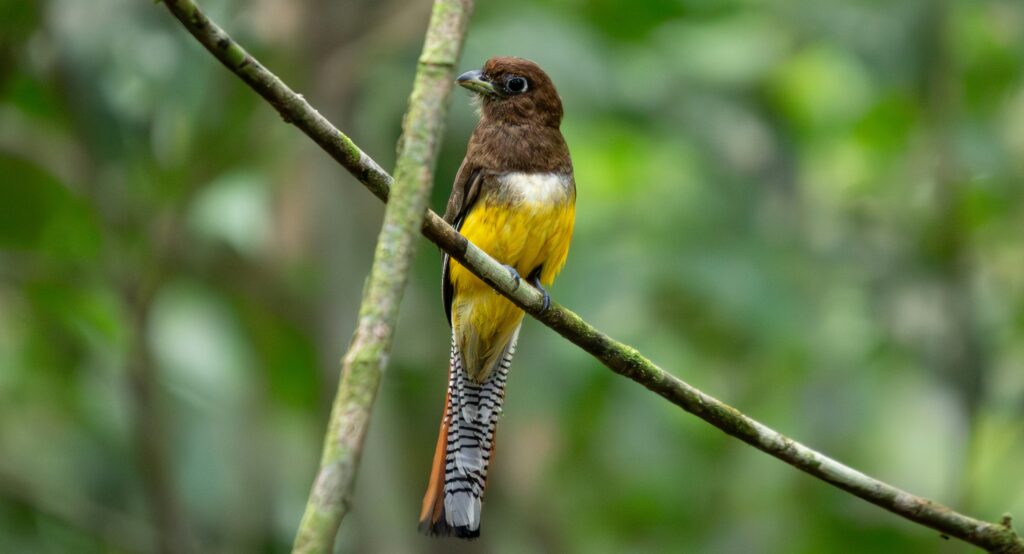
Recognizing and Responding to Tuna Behavior
Tuning into tuna behavior can immensely enhance your fishing endeavours.
Behavioral Traits of Tuna
Tunas are known for their sharp speed, long-distance migrations, and an insatiable appetite. They are warm-blooded, which gives them a unique advantage in colder waters. They often hunt in schools and can dive deep into the ocean.
How Water Temperature Affects Tuna Behavior
Tunas prefer warmer water temperatures, which plays a significant role in their feeding and spawning activities. Observing the water temperature can give you clues to locate tunas during your fishing trip.
Methods to Attract Tuna During Fishing
The right bait and lures are the primary methods to attract tuna. Moreover, creating a “chum line” with cut pieces of bait can work wonders in attracting these fish. Tunas are curious and the sight of food often lures them towards the bait.
Understanding Tuna Conservation
Fishing enthusiasts should abide by conservation practices to ensure the survival and prosperity of the magnificent species of tuna.
Current Status of Tuna Population in Costa Rican Waters
The tuna population in Costa Rica’s waters is currently stable due to the area’s incorporating sustainable fishing practices. Nevertheless, continued monitoring and conservation efforts are required to keep the species thriving.
Impacts of Overfishing on the Tuna Species
Overfishing can severely deplete tuna populations, disrupting marine ecosystems. It can lead to the extinction of certain tuna species and reduce biodiversity.
Practicing Sustainable Tuna Fishing
Sustainable fishing practices such as catch and release, respecting fishing regulations, and adherence to daily catch limits contribute significantly towards the conservation of tuna in Costa Rican waters.
Respecting Local Fishing Regulations
Understanding and respecting Costa Rican fishing laws is vital for a responsible fishing expedition.
Awareness About Costa Rican Fishing Laws and Regulations
Costa Rica aims at conserving its rich marine biodiversity through stringent fishing regulations. It is necessary to get to know these rules before embarking on a fishing trip. Charter operators usually brief you on local laws.
Appropriate Behavior and Etiquette while Fishing
Beyond the laws, maintaining a respectful and courteous behaviour while fishing is essential. This includes respecting other anglers, not littering, and handling fish with care.
Consequences of Not Abiding by Local Regulations
Violating fishing regulations could lead to hefty fines, confiscation of equipment, or even jail time. Moreover, it tarnishes the angler’s reputation and might cause irreversible damage to the marine ecosystem.
Post Fishing Tips
So you did it! You caught your very first Tuna. But what do you do next?
Proper Ways to Handle, Clean, Store, and Prepare Tuna
Handling the fish correctly is crucial, especially if you plan to release it. When gutting the fish, be careful not to rupture the internal organs. Proper storage involves keeping the fish cool, preferably on ice. As for preparing the fish for a meal, there are innumerable mouthwatering recipes available you can follow.
Reselling or Donating Your Catches: Local Norms and Practices
If you want to resell or donate your catch, ask your charter captain for guidance as they can direct you towards local fish markets or charities. Remember, it is necessary to comply with the local norms and regulations in such cases.
Reflecting on Your Fishing Trip: Lessons Learnt for the Next Venture
Reflect on the experience you had on the first trip. What worked well? What could be improved? What would you do differently next time? This retrospection will enrich your fishing skills and make each consecutive trip more productive and enjoyable.
And that’s it. Welcome to the enthralling world of tuna fishing in Costa Rica! Whether you’re the confident seasoned angler or the unfazed newcomer, embarking on this journey can offer a sense of thrill like no other. Just remember, respect the fish, cherish the chase, and relish the chase, and your tuna fishing trip will be one to remember.

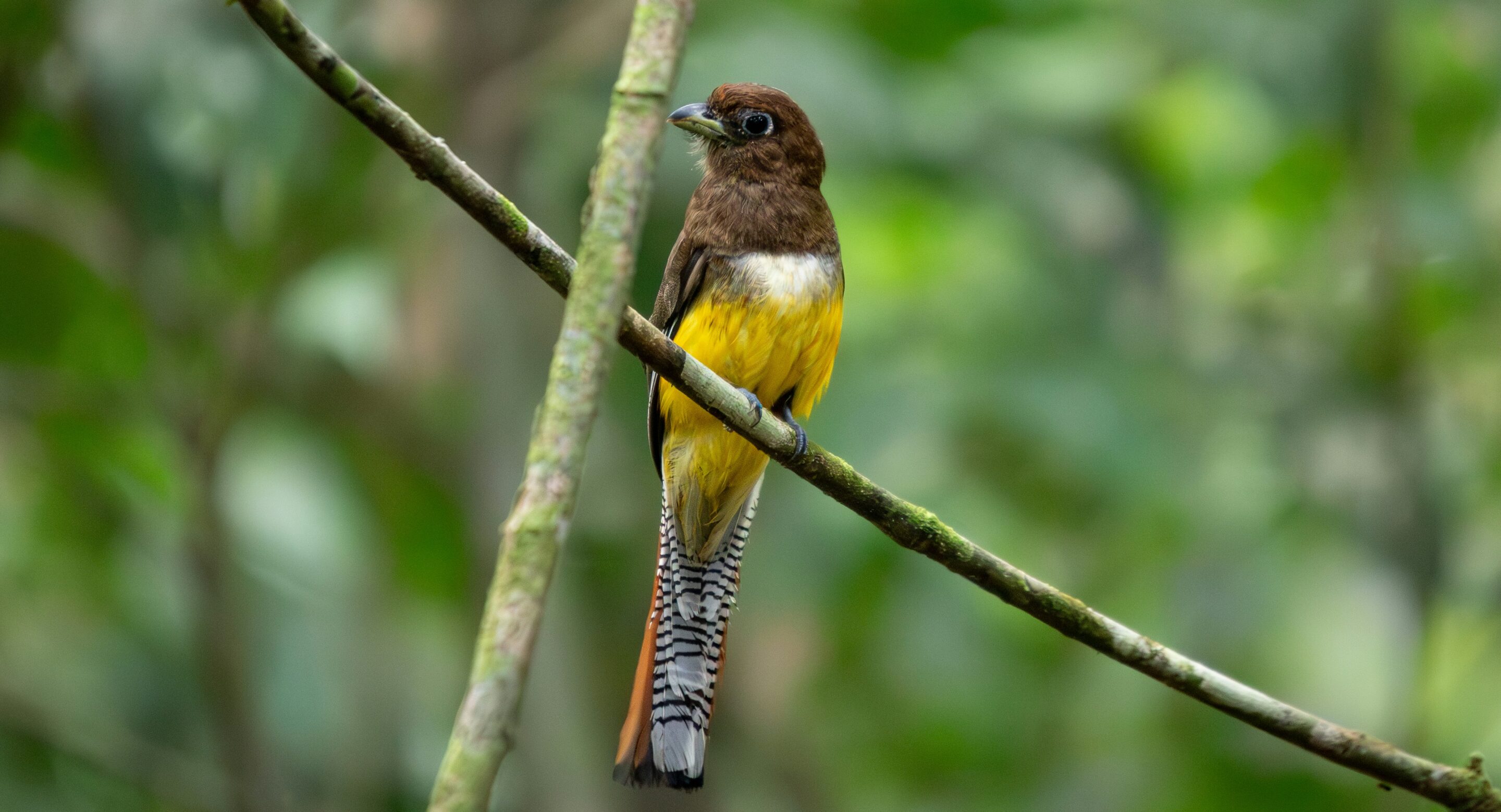




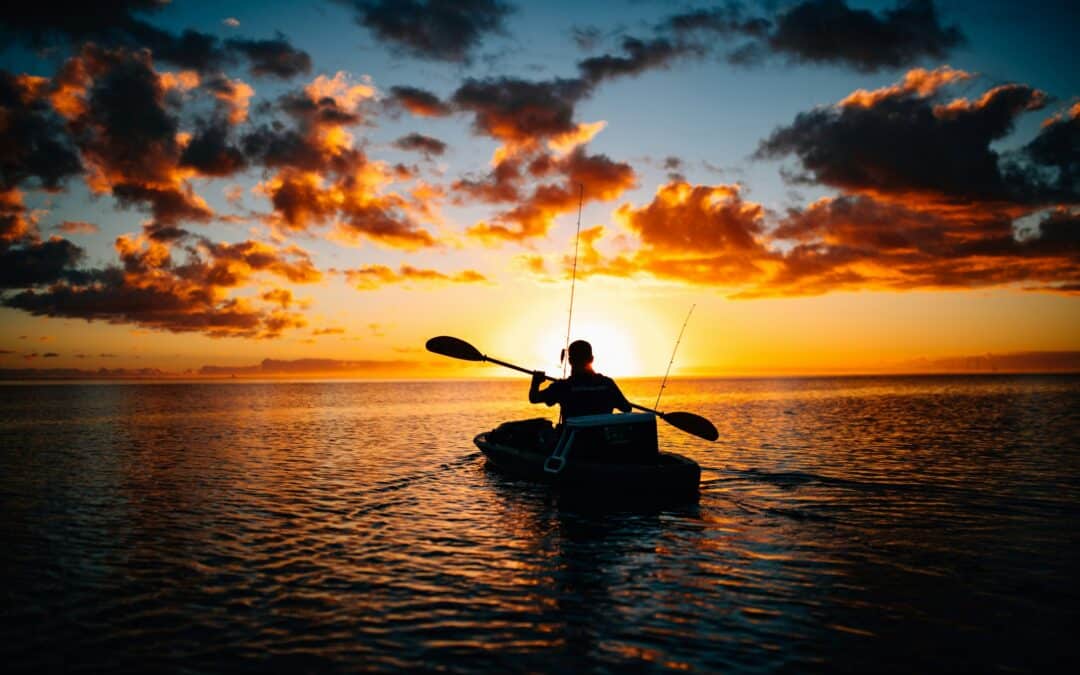
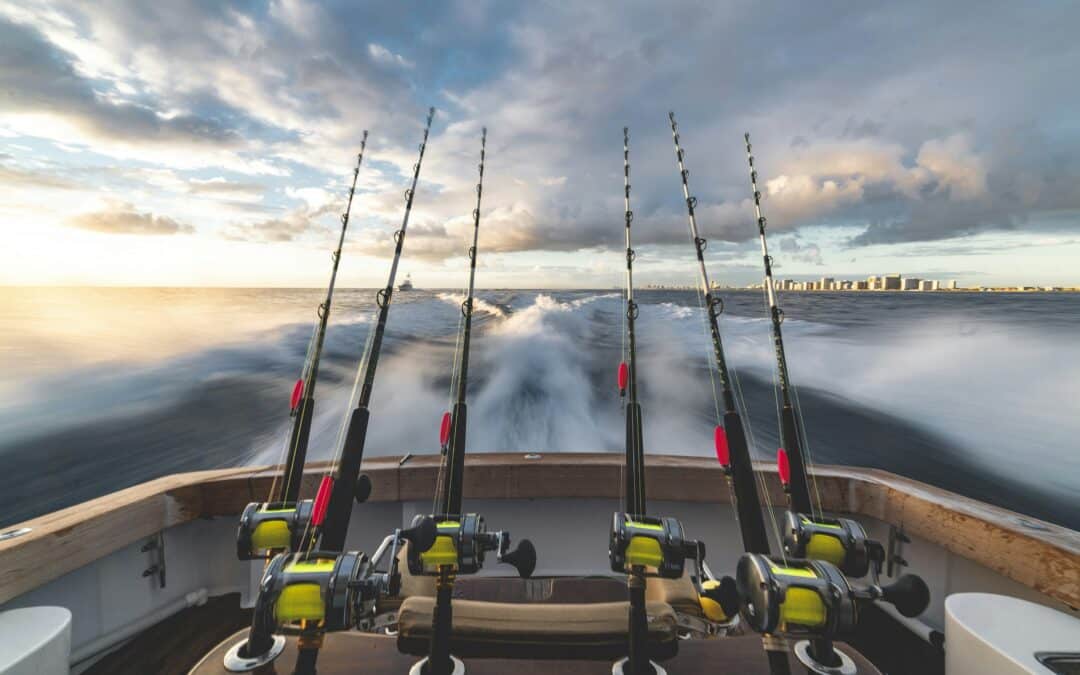



0 Comments